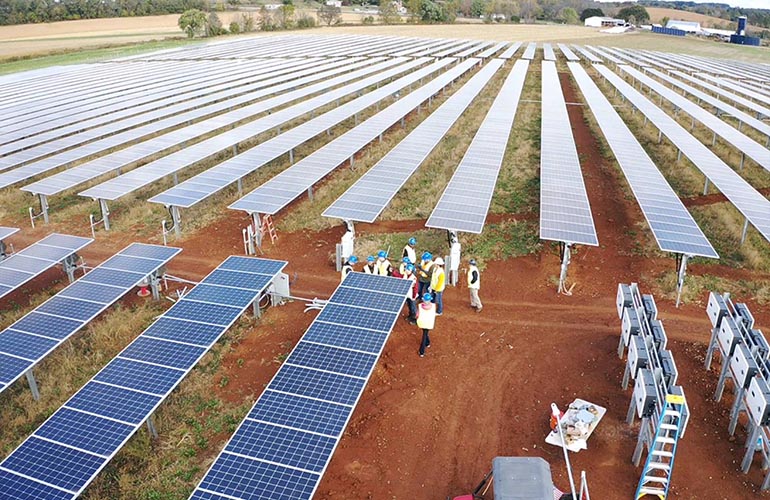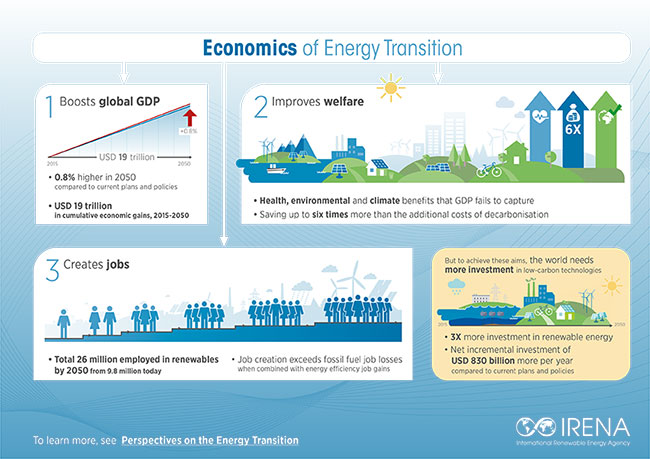
It can be difficult to install solar panels on your home. However, the benefits far outweigh the risks. This article will cover the costs of installing solar panels at home, how to get tax breaks, and how to make them more energy efficient. After reading this article, you will be ready to choose the best system for your home. We are available to answer any questions you may have about the process. We can help you with all aspects of this project, from the installation to the tax breaks.
Cost
Cost of solar panels for your home will depend on how much energy you use each month and the average energy production in your region. To determine the required wattage, multiply your annual energy consumption by your peak sunshine hours. Depending on the type and location of your solar system, the payback period may be as low as ten to fifteen years. A larger system might be better than one that is smaller, depending on how you use electricity.

Installation
Assessing the size and shape of your house is the first step in installing solar panels at home. The size of a house determines the amount of electricity it consumes. The consumption requirements will be higher if you have more rooms. If you have a small house, you may be able to choose a smaller size solar panel. A home energy unit is an excellent tool to measure the power consumed by each room before purchasing a panel.
Energy production
Home solar panels can produce substantial amounts of electricity. But, how much power is enough? The answer depends on the amount of power you require for your household. A typical American household will require sufficient power to run a 20-panel or 30-panel system. However, your location will affect the amount of energy that your home solar panels produce. Your home's solar panels' efficiency will also depend upon the amount of sunlight they receive.
Tax breaks
If you are thinking about installing solar panels on your home, there are tax breaks that you may be eligible for. There are certain restrictions and the amounts of credits may vary. To be eligible to receive a solar credit, you must own your residence and be responsible for tax payments. Our buyer's guide has more information about qualifying. If you're thinking about installing solar panels, now is the time to take advantage of the incentives.

Payback period
Calculating the payback period of home solar panels is complicated. There are many variables to consider. First, calculate your electricity bill. It is often calculated using local utility rates. However you can also take a look at your past bills to determine the exact amount. To adjust for seasonal fluctuations, make sure you go at least six month back. Based on a 100% usage ratio, the payback period would be around five years. The Energy Trust of Oregon offers a rebate for Oregon residents who live in Washington or Oregon.